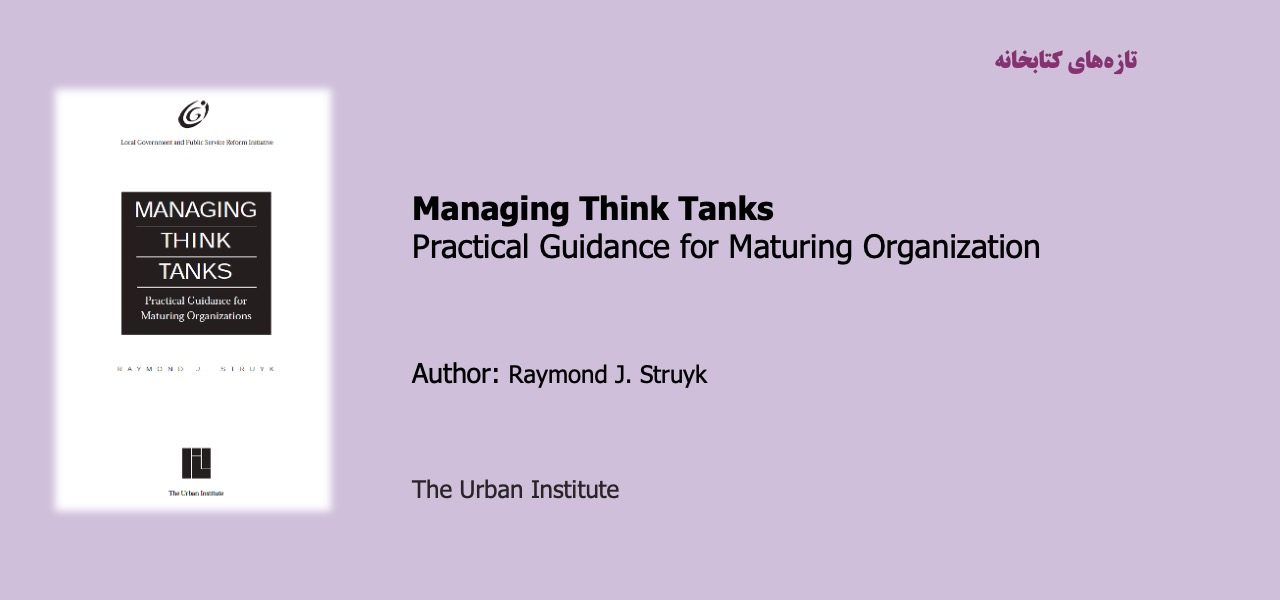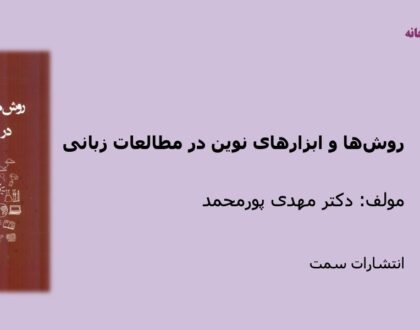Managing Think Tanks

Practical Guidance for Maturing Organization My primary inspiration for writing this book was my experience with the Institute for Urban Economics (IUE), a think tank created in Moscow in 1995. IUE’s six founders were all members of my staff, which was engaged on a large technical cooperation project in Russia. As the resident advisor for the Urban Institute—an accomplished think tank located in Washington, D.C.—I worked very closely with IUE’s management over the next three years to help establish the IUE on a strong footing. During this period I searched for written materials on the management of think tanks. I found that there were none.
From 1990 to today I have visited and worked with more than a dozen think tanks in Eastern Europe and the Commonwealth of Independent States (EE-CIS). Sometimes the collaboration was intense. Often a discussion would turn to particular management challenges, such as how to establish an overhead rate that would be defensible to donor auditors. I wanted to be able to do more than simply provide on-the-spot advice.
But, again, I have been frustrated by the lack of written guidance available. In 1997 the Urban Institute, IUE, and the Metropolitan Research Institute in Budapest founded the Transition Policy Network (TPN).
مطالب مرتبط

آموزش مقدماتی کارکردهای اجرایی
۱ / خرداد / ۱۴۰۳

دستنامه عصبشناسی زبان آکسفورد
۱ / خرداد / ۱۴۰۳

روشها و ابزارهای نوین در مطالعات زبانی
۱ / خرداد / ۱۴۰۳

